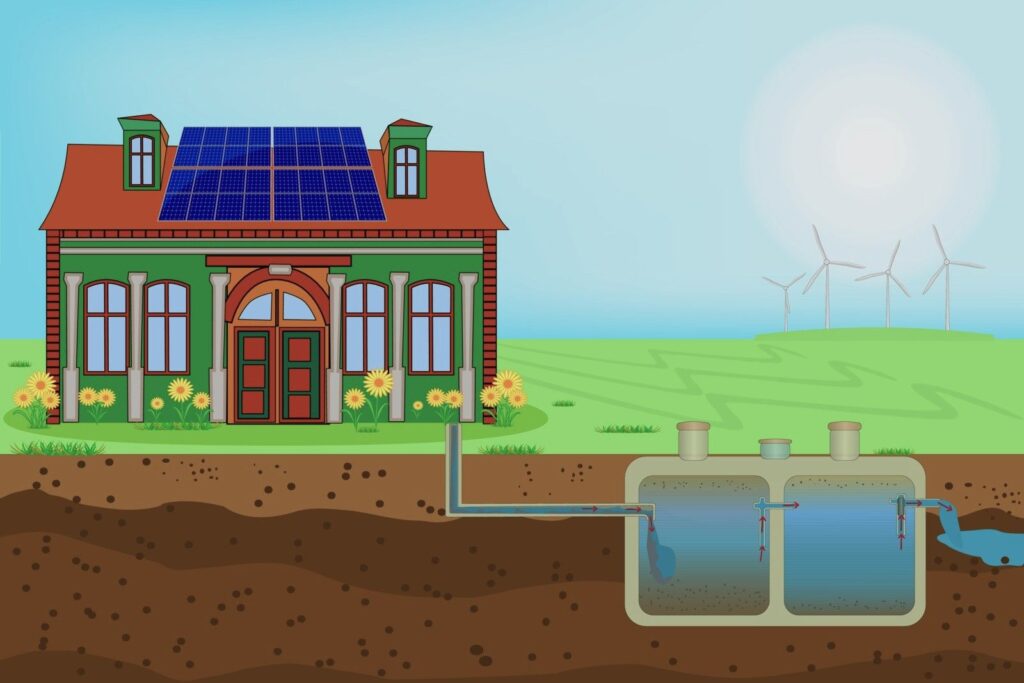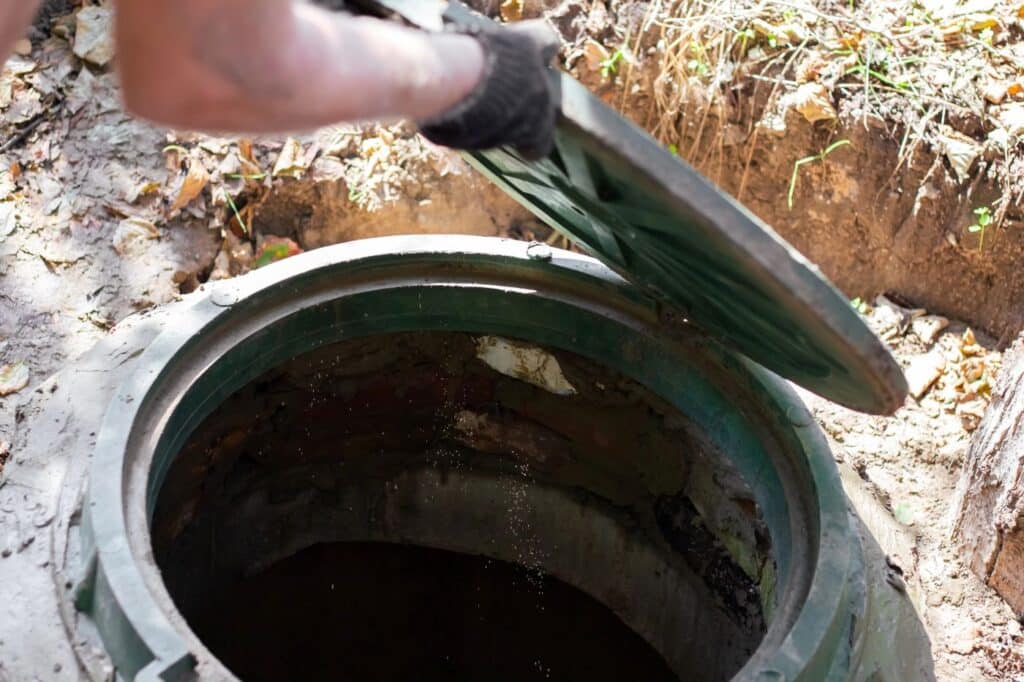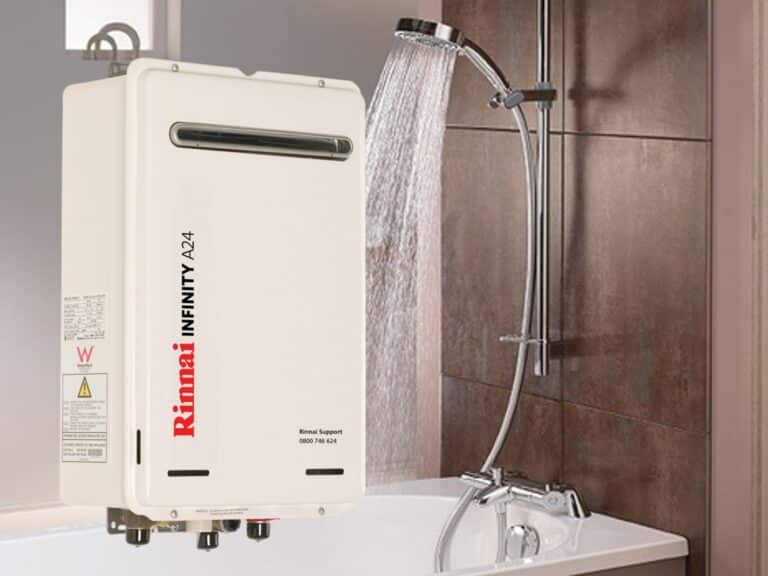For homeowners across New Zealand who rely on septic tank systems for wastewater treatment, understanding proper maintenance practices is crucial for system longevity and performance. These underground treatment systems serve thousands of properties that cannot connect to municipal sewage networks, particularly in rural and semi-rural areas.
Understanding Your Septic System
Septic systems function as miniature wastewater treatment plants, using natural processes and beneficial bacteria to break down household waste. When maintained correctly, these systems can operate efficiently for decades, but neglect can lead to expensive failures and environmental issues.
Best Practices for Septic Systems Care
What Homeowners Should Do
Regular Professional Servicing: Your Key to Longevity. Septic tanks require periodic inspection and pumping by qualified professionals. Most residential systems need pumping every 2-4 years, depending on household size and usage patterns.
This service removes accumulated solids that cannot be broken down naturally, ensuring the longevity and efficiency of your septic system.
Water Conservation: Managing your water usage is a crucial step in preventing system overload. By staggering activities like laundry, dishwashing, and bathing throughout the day, you can actively contribute to the effective processing of wastewater by your septic system.
Use Appropriate Products: Selecting cleaning products that won’t harm beneficial bacteria is essential. For instance, using biodegradable and septic-safe detergents and avoiding harsh chemicals can help maintain the biological processes that make septic systems work, leading to complete waste treatment and preventing backups.
System Awareness Knowing the location of tanks and drain fields helps homeowners protect these areas from damage. Keeping records of system components, maintenance dates, and any repairs creates valuable documentation for future reference.
Prompt Problem Response: Addressing issues early prevents minor problems from becoming major failures. Warning signs, such as slow drains, unusual odours, or wet spots in the drain field area, warrant immediate professional attention.
What Homeowners Should Avoid
Inappropriate Flushing Items like wet wipes, feminine hygiene products, diapers, and cigarette butts don’t decompose in septic systems and can cause serious blockages. Only human waste and toilet paper should enter the system through toilets.
Grease and Oil Disposal: Kitchen fats, oils, and grease solidify in pipes and tanks, creating stubborn clogs. These substances should be disposed of in household rubbish rather than down drains.
Water Overuse: Sudden large volumes of water can overwhelm septic systems, pushing untreated waste into drain fields before proper processing occurs. This can contaminate soil and groundwater.
Landscaping Mistakes Planting trees or large shrubs near septic components invites root intrusion into pipes and tanks. Tree roots seek moisture and nutrients, making septic systems attractive targets for damage.
Ignoring Warning Signs Postponing professional evaluation when problems arise typically results in more expensive repairs. Early intervention usually resolves issues with minimal cost and disruption.

Installation and Replacement Considerations
New Installations
Property owners building new homes will need properly sized and positioned septic tank systems that are designed for their specific site conditions. Factors like the soil type, slope, groundwater levels, and the general household size all influence the system design and placement.
System Replacement
Older septic systems may eventually require replacement due to age, damage, or changing regulations. Modern systems offer improved efficiency and environmental protection compared to older designs.
Regional Considerations
Different areas of New Zealand present unique challenges for septic systems. Such as coastal regions, that may deal with high water tables, while inland areas with clay soils might need specialised drain field designs. Rocky terrain can also complicate installation, and high-rainfall regions require systems that can handle additional water inputs.
Septic Systems Professional Services
What to Expect from Qualified Contractors
What to Expect from Qualified Contractors: Your Peace of Mind. Reputable septic system professionals will provide you with comprehensive services including system design, installation, maintenance, and repairs.
They understand your local council requirements and environmental regulations, making sure that systems will meet the current standards. Choosing such professionals gives you the peace of mind that your septic system is in good hands.
Key qualities of reliable service providers include:
- Quick response times for urgent issues
- Proper licensing and qualifications
- Warranty coverage on workmanship
- Clear communication about costs and timelines
- Knowledge of local soil conditions and regulations
Long-term System Management
Successful septic system ownership requires ongoing attention and care. Homeowners who follow maintenance guidelines, use their systems appropriately, and address problems promptly typically enjoy decades of reliable service from their wastewater treatment systems.
Regular maintenance schedules, combined with mindful daily habits, protect both the significant investment in septic systems and the surrounding environment. This approach makes sure of continued compliance with health and environmental regulations while avoiding costly emergency repairs.
In Summary
Proper septic system care involves both proactive maintenance and avoiding harmful practices. Homeowners who understand their system’s needs and work with qualified professionals can expect reliable wastewater treatment that protects their property and the environment for many years to come.




